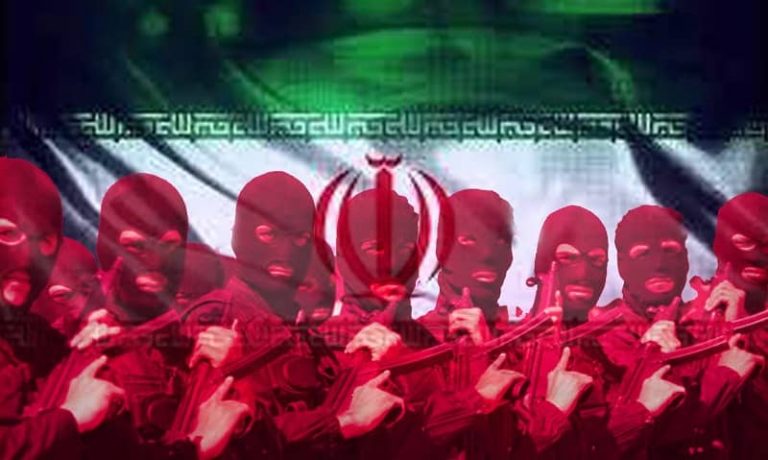Iran: EU Must Not Downplay Threat of Iranian Terror Plots, Networks

Written by
Shahriar Kia
When the Al-Qaeda leader Osama bin Laden was killed by US forces in 2011, a trove of documents was recovered from his compound which revealed, among other things, details of occasional cooperation between the terrorist organization and the Iranian regime in the preceding years. This flew in the face of the common wisdom among Western policymakers, that the two entities would never cooperate on account of being adherents of two different sects of Islam.
Nevertheless, these findings were largely ignored, and while Al-Qaeda worked to recover from Bin Laden’s death it also pursued a closer and more consistent relationship with the Iranian regime. Four years later, that relationship reached a turning point whereby Iran became the primary base of operations for Al Qaeda’s terrorism. This situation was highlighted on Tuesday by the U.S. Secretary of State Mike Pompeo, in a speech.
The revelation once again demonstrated that for so long the West has taken a soft approach to Iran policy by turning a blind eye to malign activities of the regime. In order to understand that, we need only shift out gaze over to Europe where leading foreign policy officials continue to downplay the threat posed by the Iranian regime even after a group of operatives under the command of a high-ranking diplomat attempted to carry out a bombing just outside of Paris.
The target of that plot was the coalition of Iranian opposition, the National Council of Resistance of Iran, but the NCRI’s international rally in June 2018 was also attended by a wide range of political dignitaries from Europe, the United States, and all across the world. Fortunately, two would-be bombers were arrested before crossing from Belgium into France, and the diplomat at the head of the plot, Assadollah Assadi, was arrested a day later.
Iran’s diplomat & the largest terror plot in Europe. What was Assadollah Assadi’s role
That trio plus a fourth accomplice went on trial in November, and a verdict in their case is due from the Belgian federal court on February 4, 2021. But relatively little public attention has been focused on that case, at least in proportion to the seriousness of the attempted crime. It is not too dramatic to say that the European Union is resolved to sweeping the broader implications of the plot under the rug. Indeed, this would be consistent with established Western habits of downplaying the threat posed by Iranian “hardliners,” out of fear of alienating the “reformists” who represent Iran to international negotiations like those which led to the 2015 Iran nuclear deal.
The folly of such an approach has always been obvious to those who are familiar with Iran’s long history of sponsoring terrorism throughout the world while simultaneously teasing the prospect of friendly cooperation with its adversaries. Western policymakers should have known better than to fall for this ploy in the early days of the Iranian regime. They certainly should know better now that Iran has openly attempted to facilitate a bombing in the heart of Europe while also expanding cooperation with the only highly-organized terrorist group to successfully carry out a large-scale attack on the United States.
Neither the US nor the EU can afford to downplay the threat posed by these recent and ongoing trends. They certainly cannot afford to either resume or continue promoting the false notion that there is a moderate undercurrent in Iranian politics which opposes these sorts of terrorist acts and relationships. That has never been anything other than a fantasy that justifies decisions by Western policymakers to kick the can down the road, holding ordinary negotiations with Iranian officials and turning a blind eye to persistent threats while hoping that none of those threats morph into genuine bloodshed.
Europe was fortunate to thwart the plot to blow up the expatriate gathering in France. But this luck will surely run out at some point in the future, unless the Western world acts with unity of purpose to comprehensively sanction Iran-linked terrorist networks, to isolate the entire regime at the heart of those networks, and to make it clear that serious consequences for Iran-backed terrorists will be visited not just upon the individuals or groups participating in them, but also upon the regime’s political leadership that ordered them in the first place. Shutting down the Iranian regime embassies, which facilitates the terrorist acts would be a good start to send this message.

